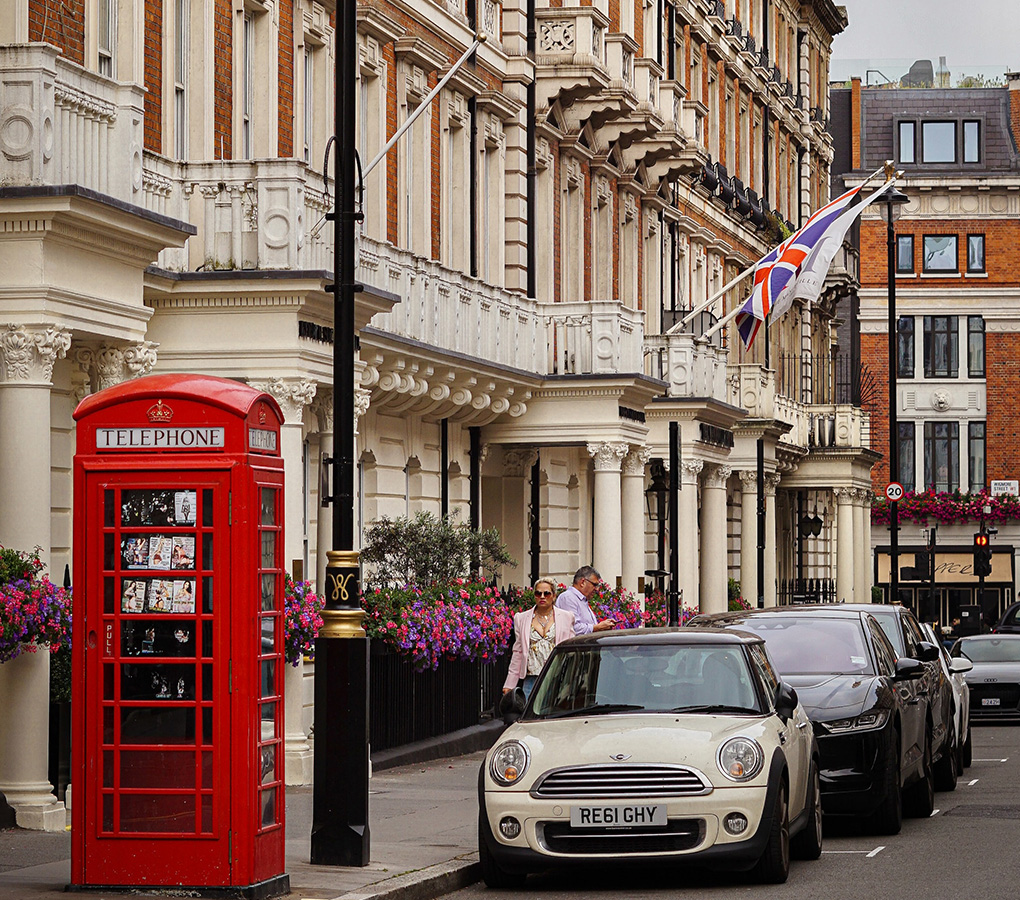
1. What Are Dispute Resolution Services?
Dispute resolution services are structured legal processes designed to resolve conflicts efficiently, cost-effectively, and often outside the courtroom. They include:
-
Negotiation: Direct discussions to settle disputes without outside involvement.
-
Mediation: A neutral third party facilitates resolution.
-
Arbitration & expert determination: Decisions are made by independent, binding adjudicators.
-
Litigation: Formal court legal processes when other methods fail.
ADR (Alternative Dispute Resolution) services have become central to avoiding costly court battles.
2. Why Use ADR Instead of Litigation?
UK courts heavily favour ADR, making it a near requirement before litigation begins. The benefits include:
-
Cost and time savings – faster and more affordable than court cases.
-
Confidentiality – ADR is conducted privately.
-
Control and flexibility – parties influence the process.
-
Relationship preservation – less adversarial than litigation.
For example, mediation sessions can settle cases involving assets across jurisdictions quietly and promptly.
3. The ADR Landscape in London
London is a prominent ADR hub, hosting key mediation and arbitration organisations:
-
CEDR: A leading mediation body handling commercial disputes valued at over £493 million during 2021–2022.
-
Civil Mediation Council: The UK’s principal authority on mediation practice.
-
CIArb: Offers training and professional standards in arbitration and mediation.
-
IDRC, based opposite St Paul’s, provides top-tier arbitration and mediation facilities.
These institutions enhance ADR standards and training in the UK.
4. Evolution of Commercial Dispute Resolution
Commercial litigation in London’s High Court dropped to a six‑year low in 2024, but disputes continue via arbitration or ADR. Private mediations—especially in matrimonial or large financial disputes—are increasing.
These changes reflect a broader trend: resolving conflicts privately, with speed and discretion.
5. Linkilaw Solicitors: Your ADR Partner
Linkilaw Solicitors offers elite dispute resolution services, grounded in commercial pragmatism and senior-led counsel. Based in London, the firm’s expertise extends across:
• Commercial Litigation
They manage complex cases—including shareholder and contractual disputes—across England & Wales and abroad.
• International Arbitration
Operating under ICC, LCIA, HKIAC, UNCITRAL, and Swiss Rules, they provide multilingual, cross-border arbitration support.
• Investment Treaty Disputes
They advise on investment structuring and treaty claims against states, combining legal expertise with reputational strategy.
Linkilaw focuses on bespoke strategies informed by client circumstances—cross-jurisdictional, commercial, or personal.
6. Linkilaw’s Dispute Resolution Process
Initial consultation: Evaluate the nature of your dispute, jurisdictional reach, and risk profile.
Pre‑Action measures: Attempt negotiations or mediation before litigation.
ADR or court path: Strategy determined by dispute scale—ranging from mediation to High Court proceedings.
Cross‑border coordination: Leveraging a network of international counsel.
Enforcement: Assistance through recognition, award enforcement, or court judgment execution.
Their ethic: serve clients by all legal means, focused on pragmatic results.
7. Types of Dispute Resolution Services
Negotiation
Simple exchanges to resolve issues before tension escalates.
Mediation
Structured, confidential discussions led by an accredited mediator—CEDR or CMC-approved. Rocket
Arbitration
Private, binding decisions handled by arbitrators. London’s IDRC facilities support hearings. Resolver
Expert Determination
Specialist-led dispute resolution in technical areas like finance or IT.
Online Dispute Resolution (ODR)
Technology-based ADR that enables remote settlements in e-commerce and low-value conflicts.
8. Which Service to Choose?
| Dispute Type | Recommended ADR Method |
|---|---|
| Business contract dispute | Mediation or arbitration |
| Shareholder conflict | Arbitration or expert determination |
| Investment/state dispute | International arbitration or treaty-based ADR |
| Tech/IT disputes | Expert determination |
| Low-value consumer issue | ODR or mediation |
Linkilaw helps clients select a strategy based on value, complexity, jurisdiction, and confidentiality needs.
9. Challenges in Dispute Resolution
-
Accessibility: ADR costs may deter smaller parties; firms like Valla build tools to increase access.
-
Court delays: ADR eases court backlog.
-
Tech adoption: Online ADR is quick but can lose nuance.
-
Enforcement complexity: Cross-border awards require legal expertise for recognition and enforcement.
10. Choosing a Dispute Resolution Solicitor
Key considerations:
-
Expertise: Does the firm have experience in your dispute type and jurisdiction?
-
ADR capability: Can they negotiate, mediate, arbitrate, or litigate as needed?
-
Senior involvement: Small firms often offer senior-partner-led strategies.
-
Global reach: Essential for international disputes.
-
Technology: Are remote and online options available?
-
Fees: Are structures transparent and proportionate?
Linkilaw combines all these traits in a city-style boutique model.
11. Why London Remains a Dispute Hub
-
Legal infrastructure: London hosts top arbitration centres and ADR institutions.
-
Global trust: The London seat enjoys enforcement advantages via the New York Convention.
-
Institutional support: CEDR, CMC, CIArb, and IDRC copyright high standards.
-
Client preference: Businesses increasingly opt for efficient, private ADR routes over court.
Dispute resolution services offer modern solutions to legal conflict—balancing speed, confidentiality, and cost. In London’s vibrant ADR marketplace, Linkilaw Solicitors stands out as a nimble, senior-led firm delivering bespoke strategies across mediation, arbitration, and litigation.
Whether you're facing a business dispute, shareholder breakdown, cross-border arbitration, or online consumer conflict, Linkilaw provides pragmatic, expert support to achieve effective, enforceable resolutions.